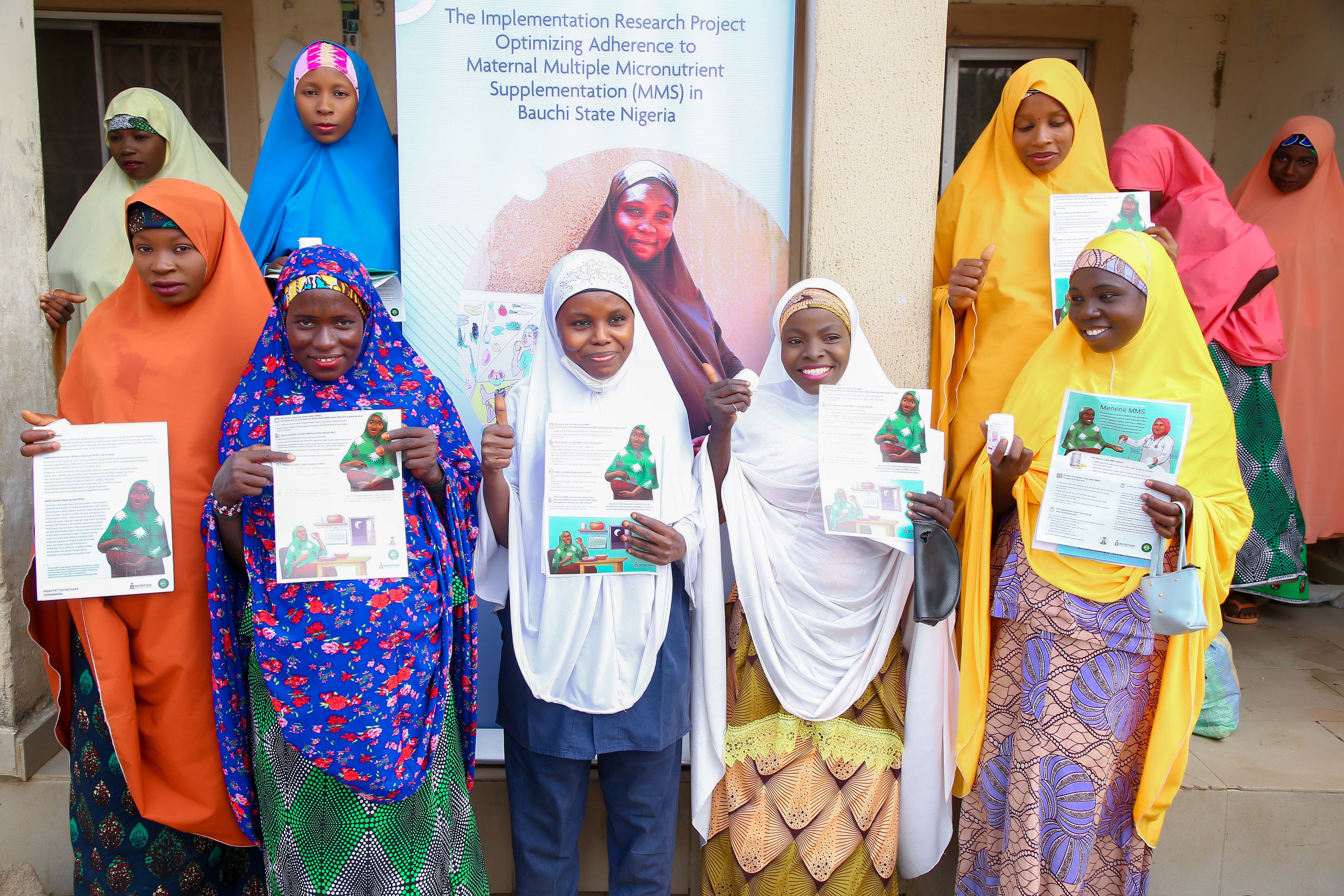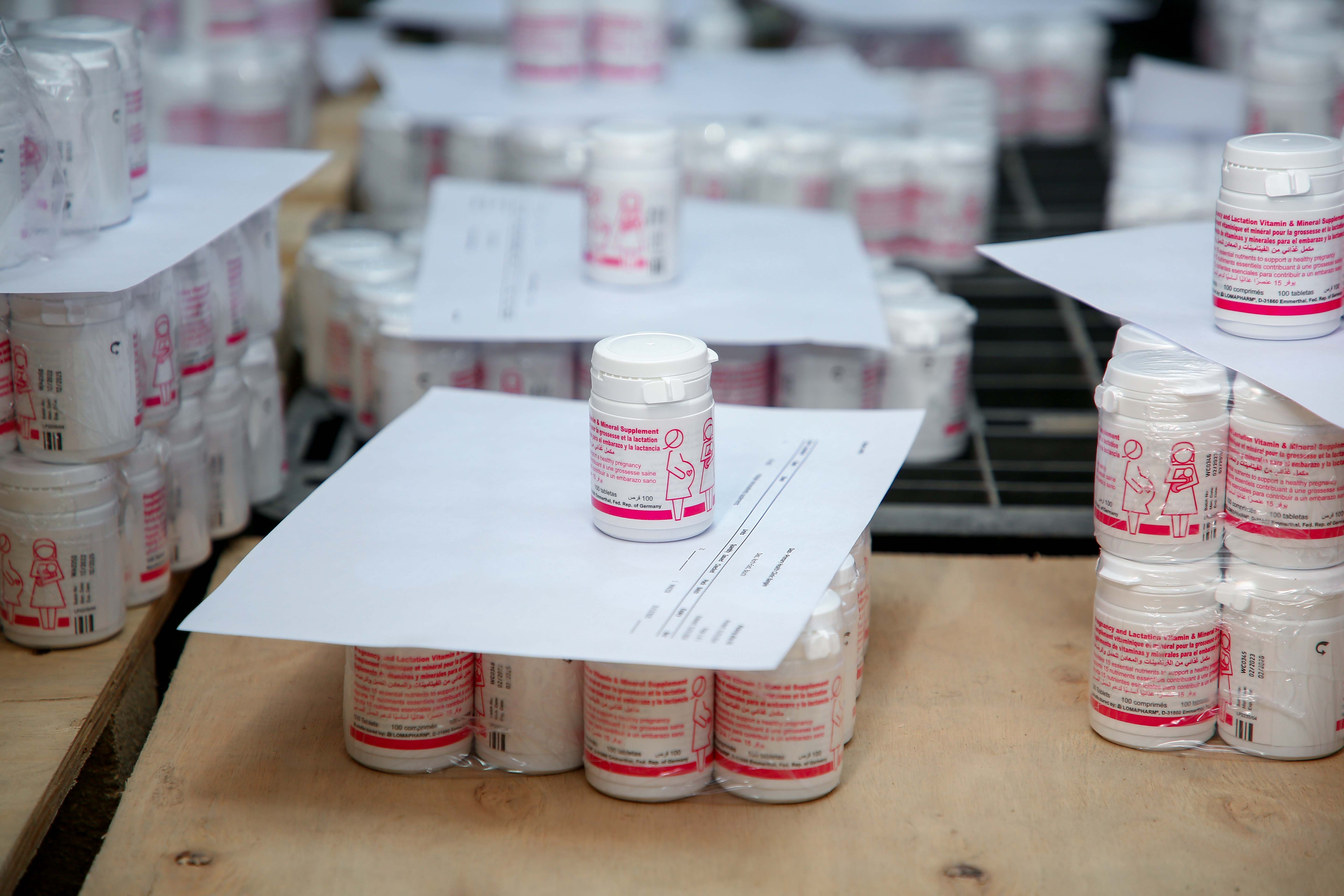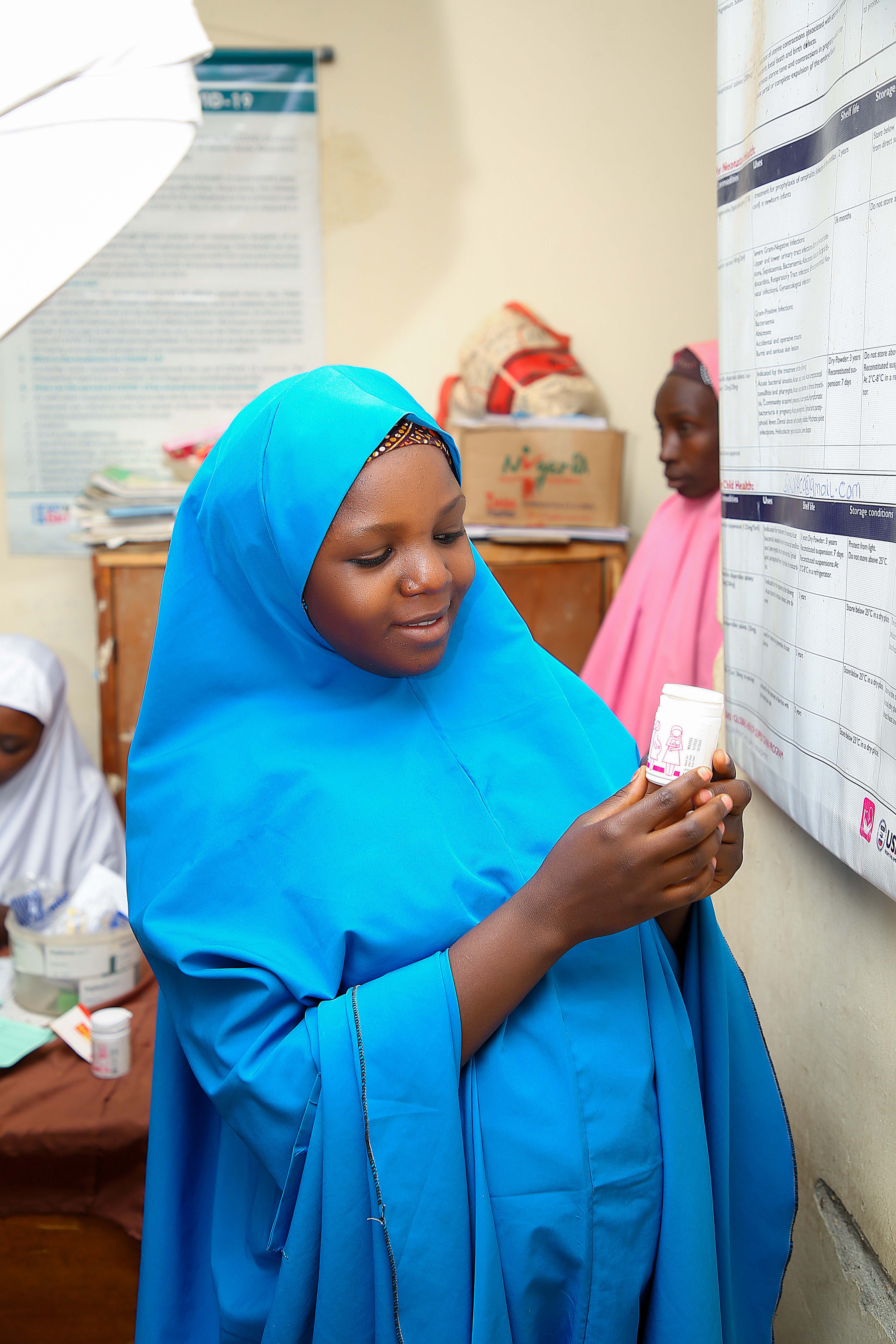Stories
WATCH: Care and connection through MMS in Nigeria
March 4, 2025
WP_Term Object
(
[term_id] => 48
[name] => News
[slug] => all-news
[term_group] => 0
[term_taxonomy_id] => 48
[taxonomy] => news-category
[description] => Stay up to date on our announcements, newest projects and partnerships, and news about how we’re making a difference in the lives of people around the world.
[parent] => 0
[count] => 272
[filter] => raw
)
Bauchi State launches groundbreaking research project to identify new ways to accelerate maternal health
The Bauchi State Government, in collaboration with the Federal Ministry of Health and Nutrition International, launched a new implementation research project to advance maternal health and nutrition, and enhance birth outcomes. The insights gained from this research will inform the scale-up of multiple micronutrient supplementation (MMS) and identify solutions to support pregnant women in Nigeria with adhering to MMS.
Posted on March 5, 2024
In a significant move to enhance maternal health and improve birth outcomes across the country, the Bauchi State Government has officially launched the Optimizing Adherence to Multiple Micronutrient Supplementation for Pregnant Women in Nigeria implementation research project, in collaboration with the Federal Ministry of Health and Nutrition International. This groundbreaking initiative, under the government’s leadership, will help to improve health outcomes for women and their families by informing the scale-up of MMS within public antenatal care in Nigeria. This implementation research plays a pivotal role in overcoming long standing bottlenecks and barriers and providing invaluable guidance for designing and implementing sustainable MMS programs nationwide.

Global evidence shows that antenatal MMS, a daily supplement containing 15 vitamins and minerals that mothers require during pregnancy, is as effective in preventing maternal anaemia and more effective at improving birth outcomes compared to the standard iron and folic acid supplementation.
“Through this project, we are not just conducting research, we are developing and testing strategies based on human-centered design and tailoring our efforts to fit the needs and experiences of pregnant women,” said Dr. Osita Okonkwo, Country Director for Nigeria, Nutrition International. “Our goal is to make the shift to MMS as smooth as possible, while optimizing adherence and uptake.”
“We are developing and testing strategies based on human-centered design and tailoring our efforts to fit the needs and experiences of pregnant women.
— Dr. Osita Okonkwo, Country Director for Nigeria, Nutrition International

The project is being conducted in three selected local government areas within the state, namely Dass, Ganjuwa, and Giade. A total of 84 public health facilities have been identified to administer up to two 100-count bottles of MMS to an estimated 45,000 pregnant women who access public antenatal care services.

During the inauguration ceremony held at the Government House Bauchi, Governor Bala Mohammed emphasized the paramount importance of the project. He confirmed that the state is fully committed to meeting all obligations to ensure the successful implementation of the project. The Governor, represented by Secretary to the State Government, Barrister Ibrahim Kashim, also expressed gratitude to the collaborative efforts of the State Government, the Federal Ministry of Health, and Nutrition International.
Dr. Okonkwo highlighted the scale of the initiative, revealing that an estimated 90,000 bottles of MMS are being distributed to health facilities across the selected local government areas. He commended Bauchi State for its unwavering commitment to implementing programs aimed at enhancing the wellbeing of its citizens.
The initiation of the project marks a significant stride in the collective efforts to strengthen the country’s maternal nutrition programs. The collaboration between the government and Nutrition International with the support of key stakeholders underscores the dedication to the health and welfare of pregnant women, signaling a positive step forward in addressing critical healthcare challenges within the region.
Learn more about the MMS implementation research project and our work in Nigeria.